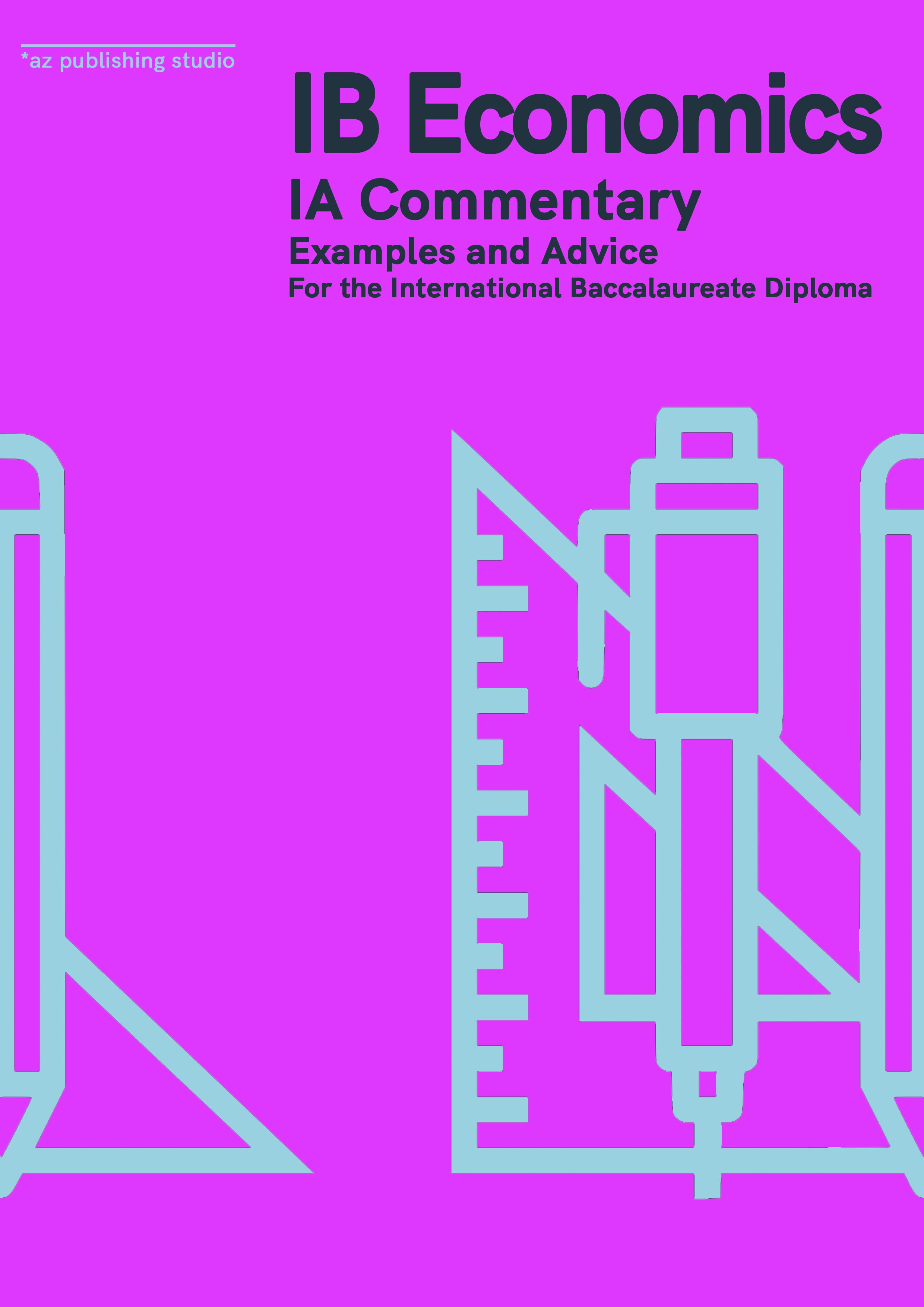Preventing and Managing Stress
Arthur Zargaryan
These are a few recommendations for how to prevent and manage stress. You can skip to the sections you want below.
Introduction
These are some brief thoughts about how to manage stress throughout the IB exam period and in general. I welcome anyone and everyone to share the techniques they use to manage stress.
Firstly, if you want to effectively reduce the amount of stress you feel with your workload, managing your time properly will help cut down on the level of stress you feel when working. So read this and this. Then come back here. But the chances are you'll just continue reading this anyway so I'll pretend you haven't read them.
I'm not going to put any of these techniques in order because some people prefer different things. I should also mention that these techniques will only work if you actually use them. Don't just read them, ignore them, then come back after the exams and exclaim that your hair is turning grey because of stress.
It seems like when students think of studying they think of it as an extremely painful process which requires a lot of stress in order to be useful. 'You need to live in the library to get good results' 'studying is just student and dying put together' that sort of thing. None of that is true. You don't need to strain yourself while working in order to do well.
You learn much better when you're relaxed.
Techniques
Meditation
This is a great way to relax. I'd link you to a bunch of scientific studies about it but it's much better for you to try it and experience its usefulness first hand.
How do you get started?
Sit down (or lie down if you have back problems), and spend 5 to 10 minutes just focusing on your breathing. Don't try to alter your breath patterns. You'll probably find that it's quite difficult to just focus on your breath because thoughts will pop into your head but that's normal. Just gently return your focus to your breath.
I'd recommend meditating at the start of the day then again at the end of the day if you want to.
Schedule time off
Don't cram your schedule with work and actually let yourself have a prolonged break. If you feel up to it, schedule a whole day off every week and do whatever you want absolutely guilt free. It'll help you approach the next week with a bit more energy and you won't be at a continuous battle with your work if you completely separate yourself from it for a while.
Have regular breaks
While trying to complete a huge task, it can be easy to lose track of where the time is going. Then you end up working for years without having a break. This can make you feel extremely frustrated when you're not making progress on something. However, you should wait until you feel like p
The point is to work with as little stress as possible. I'd recommend breaks as frequent as one every 25 to 30 minutes.
Plan your work
If you don't have any clear idea about what you're trying to accomplish then you'll always be fighting uphill. Take some time to make a detailed plan about what you want to do and when.
Also, assume you've underestimated the amount of time you'll need to complete something. If you've set aside 2 hours to think about an essay or make notes on a topic, give yourself 3 or 4. It'll stop you getting stressed about not being on schedule (that wasn't realistic in the first place) and give you spare time at the end of the day
This is also related to managing your time effectively. So read this and this.
Clean yourself
Ok, admittedly that sounds like a dumb statement to make. But I have a point. I promise.
There's very little point in being in an environment that either makes you feel like you're boiling or freezing or generally uncomfortable. So if your room feels stuffy, open your window a bit (and the curtains. Jheez I don't know why some people enjoy darkness so much. It makes no sense to me).
Groom yourself in the morning instead of groggily getting out of your bed in the morning and working away in pyjamas. Be comfortable but shower or something. If not for yourself, do it for everyone that'll come into your presence that day.
please.
You'll hopefully feel a bit more energised before you start your day.
Manage expectations
It's important to manage the expectations you have of yourself and the expectations other people have of you.
We're often extremely self critical because we either just want the best for ourselves or there are visible pressures from other people. This isn't an admirable trait. Yes, we should try to find ways to improve our work but not at the expense of harmful negative talk and self-hatred. It isn't useful and won't help you progress at all.
If you don't complete all the tasks you wanted to complete that day, check if you've been too unrealistic, make the appropriate changes then forgive yourself. It won't change much in the long run especially if you've made changes which could improve how the next day goes.
If you find yourself talking to yourself negatively, ask yourself whether you'd talk to a close friend the same way. If you wouldn't, you're probably being too harsh. Trust me, you do not deserve the negative self-talk you might put yourself through.
Eat properly
Ah, food. Food is good. So eat something.
Don't stuff your face with crap all the time. Be reasonably healthy and save all the beautiful fried chicken for the weekend. Eating properly has a great effect on your energy levels.
Don't starve yourself either. Working on an empty rumbling stomach is like listening to a baby cry. They can both be stopped with some warm milk and cookies.
I don't think a new born would eat cookies though so you can have them for yourself. If anyone has a baby, you can let me know if they eat cookies. Or not. I don't mind. It's your baby after all.
Exercise
Exercise has been scientifically proven to be healthy. So you should do it. Preferably everyday if you can. It's a great way to release stress and make you feel good. You work much better if you're more healthy over all. You don't need a gym membership to ride a bike or go out running.
Have fun with friends
It might be odd to be reminded to talk to your friends but you should. You don't need to be in complete seclusion in order to be efficient. You can study alone but you don't need to be alone for the whole week.
And enjoy time with them without feeling guilty! If you always feel guilty, you won't enjoy the company or get any work done. You'll just be in a weird purgatory that doesn't let you do anything.
Summary
To prevent you from getting too bored, I'll end the techniques here. There are loads more but I hope others will contribute with what works for them.
Exam preparation doesn't need to be painful. Going into it with that mindset will make it much more likely to be a bad process. Try out some of the techniques and let other people know whether they worked for you.
Best of luck with your revision and I hope your hair doesn't turn grey.
This Article was originally posted on IB Survival, it has been re-posted on IB Survivors with the authors' permission. For more articles like this one check out his wordpress, or read more articles we have below.

![IB Biology Internal Assessment [IA]: Seven Excellent IAs for the International Baccalaureate [IB]](https://images.squarespace-cdn.com/content/v1/55db1b76e4b06d457a3c4794/1616660032845-3VFU3UE51ZWXGS40MH2Y/IA+Bio+Survivors+Front.jpg)
![IB Chemistry Internal Assessment [IA]: Seven Excellent IAs for the International Baccalaureate [IB]](https://images.squarespace-cdn.com/content/v1/55db1b76e4b06d457a3c4794/1616660003490-Y5R7GJ1WXBGFSOAQIE3R/IA+Chem+Survivors+Front.jpg)
![IB Physics Internal Assessment [IA]: Seven Excellent IAs for the International Baccalaureate [IB]](https://images.squarespace-cdn.com/content/v1/55db1b76e4b06d457a3c4794/1616659909975-JH27XYYAL8QC7F4ZNYVF/IA+Phys+Survivors+Front.jpg)
![IB Environmental Systems and Societies [ESS] Internal Assessment [IA]: Seven Excellent IAs for IBDP](https://images.squarespace-cdn.com/content/v1/55db1b76e4b06d457a3c4794/1616659872230-2SR4I3RJEV1CGWL61N1L/IA+ESS+Survivors+Front.jpg)





